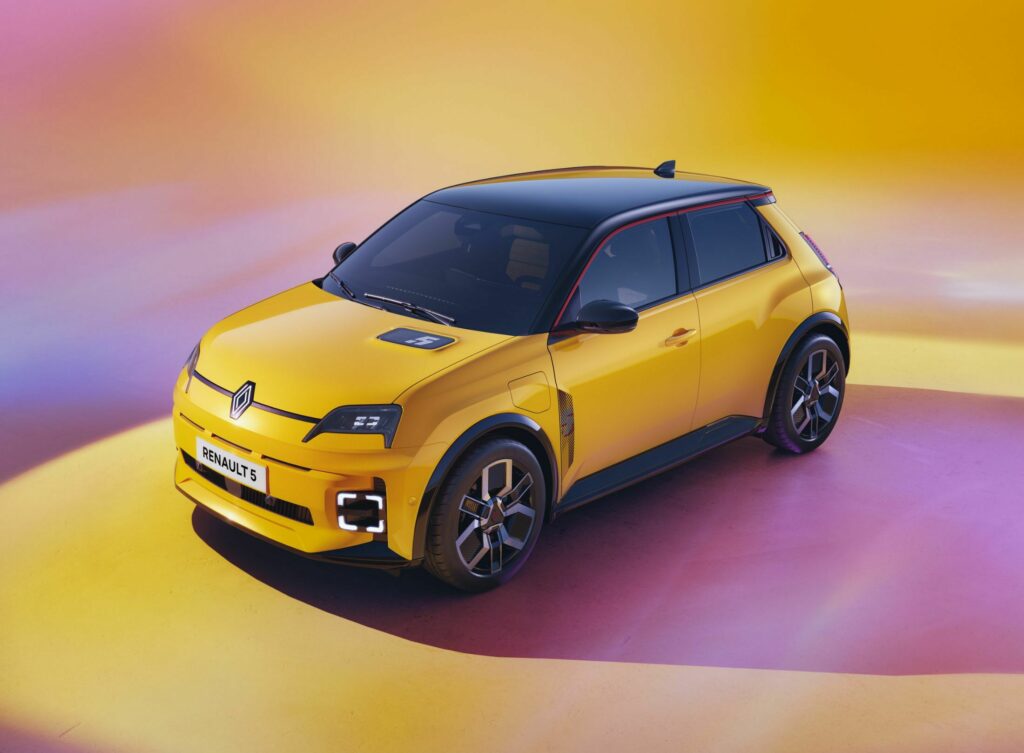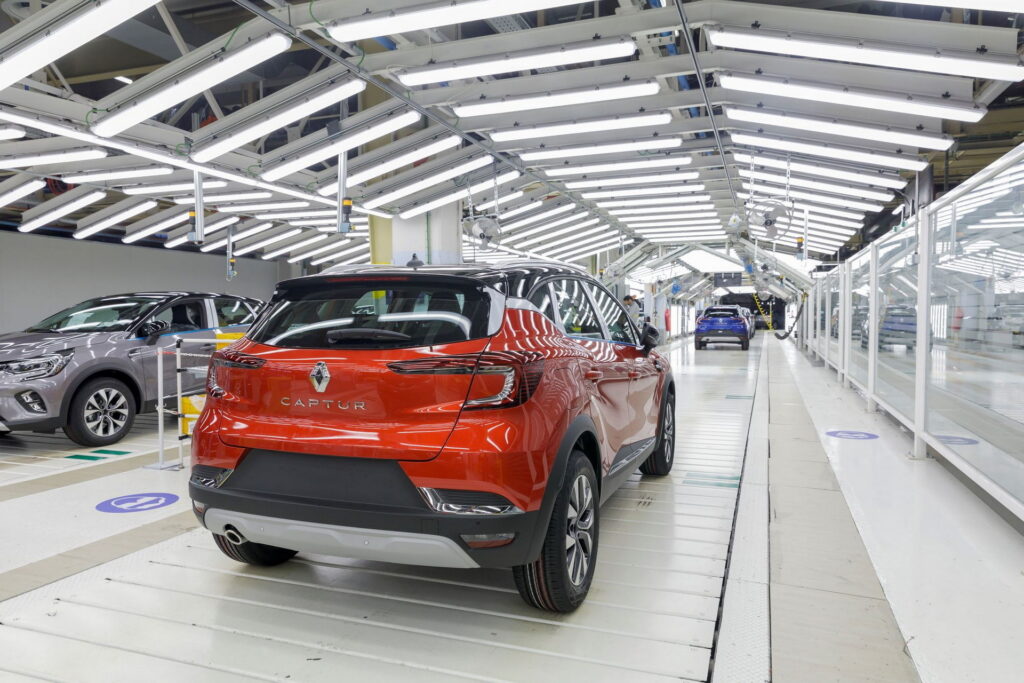
Renault will continue to have internal combustion engines in its range for the next decade, as it hopes to offer consumers a separate lineup of EVs. The “two-leg” strategy was revealed by brand CEO Fabrice Cambolive. The approach hopes to allow the automaker to react to market trends following a slowdown in EV adoption.
var adpushup = window.adpushup = window.adpushup || {que:[]};
adpushup.que.push(function() {
if (adpushup.config.platform !== “DESKTOP”){
adpushup.triggerAd(“4d84e4c9-9937-4f84-82c0-c94544ee6f2a”);
}
else{
adpushup.triggerAd(“6a782b01-facb-45f3-a88f-ddf1b1f97657”);
} });
Unlike others, Renault has been relatively cautious in announcing their EV ambitions. In 2022, group CEO Luca de Meo predicted that Renault’s European lineup would consist solely of EVs by the end of the decade, but added a caveat that it would ultimately depend on market conditions. On a wider scale, the company stated that it didn’t foresee a world where gas and hybrid vehicles represent less than 40 percent of the market in 2040.
Now, it appears that Renault is less bullish about its EV outlook. Speaking to Automotive News Europe at the Geneva International Motor Show, Cambolive stated that the brand would instead offer an EV and an ICE (with hybrid tech) in every segment.
Related: Mercedes Latest Automaker To Slow EV Push, Will Keep ICE Alive Into The 2030s
window._taboola = window._taboola || [];
_taboola.push({
mode: ‘thumbnails-a-mid’,
container: ‘taboola-mid-article’,
placement: ‘Mid Article’,
target_type: ‘mix’
});
window._taboola = window._taboola || [];
_taboola.push({
mode: ‘thumbnails-oc-2×1’,
container: ‘taboola-mid-article-thumbnails-organic’,
placement: ‘Mid Article Thumbnails Organic’,
target_type: ‘mix’
});

“For me, the question is not [going EV-only in] 2030 – we will follow the trends with two very competitive offers in our lineup, on both legs,” said Cambolive. The move will see models such as the new Renault 5 EV being sold alongside the ICE-powered Clio, with both occupying similar positions in the small-car segment.
Renault isn’t the only one tweaking their product forecasts. Last week, Mercedes Benz backtracked on a prediction that EVs would account for 100 percent of sales by 2030, instead highlighting the continued development of ICE and hybrid tech into the next decade.
Meanwhile, Renault and Chinese manufacturer Geely are in the process of forming a 50-50 joint venture that will see the two groups develop combustion and hybrid engines. The partnership will produce engines for brands from both Renault and Geely, including Volvo, Proton, Nissan, Mitsubishi, and Punch Torino, and they may even supply third parties.

var adpushup = window.adpushup = window.adpushup || {que:[]};
adpushup.que.push(function() {
if (adpushup.config.platform !== “DESKTOP”){
adpushup.triggerAd(“5646c171-cb6e-4e2c-8440-49013ca72758”);
}
else{
adpushup.triggerAd(“e7c4c913-3924-4b2d-9279-6c00984dd130”);
} });